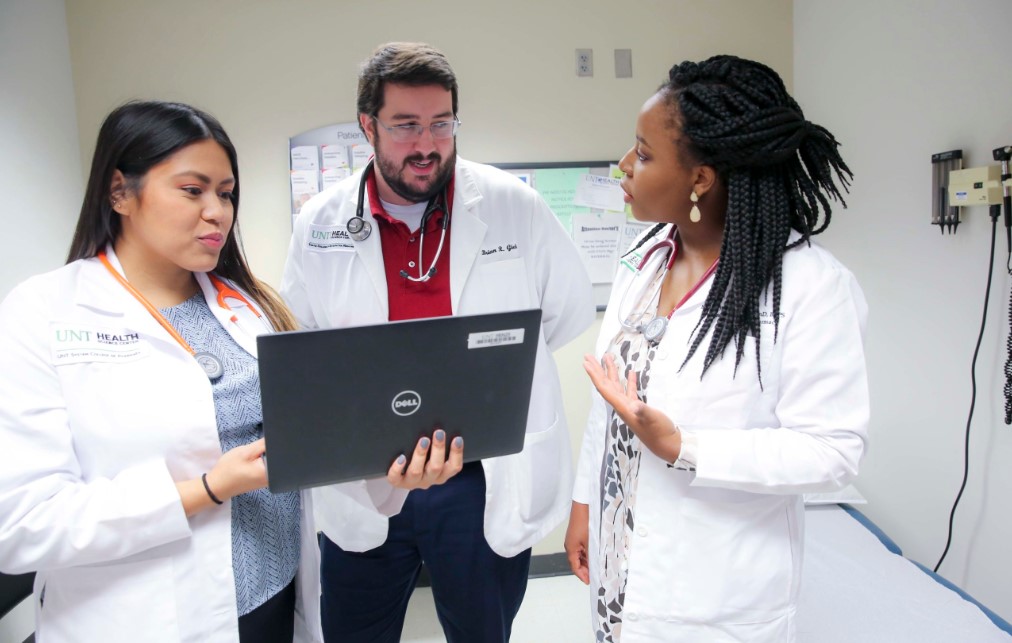Introduction to Pharmacy Residency Programs
Pharmacy residency programs are crucial for pharmacists aiming to advance their clinical expertise. These programs provide immersive training, bridging the gap between academic knowledge and real-world application. For more detailed information, you can visit pafikotacurup.org.
Benefits of Pharmacy Residency Programs
Pharmacy residency programs offer numerous advantages. They enhance clinical skills, increase job opportunities, and prepare pharmacists for specialized roles. Participants gain hands-on experience, which is invaluable in today’s competitive job market.
Enhancing Clinical Skills
Residency programs focus on developing clinical skills. Pharmacists work in various healthcare settings, allowing them to apply theoretical knowledge practically. This experience is essential for those pursuing clinical pharmacy careers.
Increasing Job Opportunities
Completing a pharmacy residency program significantly boosts employability. Employers prefer candidates with residency experience as it demonstrates a commitment to the profession and advanced training. Graduates often find better job placements and higher salaries.
Types of Pharmacy Residency Programs
There are two primary types of pharmacy residency programs: PGY1 and PGY2. Each serves different purposes and prepares pharmacists for various career paths.
PGY1 Residency Programs
PGY1, or Postgraduate Year One, is the first level of pharmacy residency. It provides broad-based training in general pharmacy practice. Residents develop foundational skills in patient care, medication therapy management, and clinical pharmacy.
PGY2 Residency Programs
PGY2, or Postgraduate Year Two, offers advanced training in specialized areas. These areas include critical care, oncology, infectious diseases, and more. PGY2 programs build on PGY1 training, providing deeper expertise and specialized knowledge.
Applying to Pharmacy Residency Programs
Applying to pharmacy residency programs requires careful planning. Here are essential steps to enhance your chances of acceptance.
Preparing Your Application
Start by preparing a strong application. Highlight your academic achievements, clinical experiences, and professional goals. Tailor your resume and cover letter to each program, emphasizing your suitability and passion for the field.
Gaining Relevant Experience
Gaining relevant experience is crucial. Engage in internships, clinical rotations, and volunteer work. These experiences will make your application stand out and demonstrate your commitment to the profession.
Networking and Professional Development
Networking plays a vital role in the application process. Attend pharmacy conferences, join professional organizations, and connect with current residents and program directors. Building professional relationships can provide valuable insights and recommendations.
Conclusion: Advancing Your Pharmacy Career
Pharmacy residency programs are a stepping stone to a successful and fulfilling career in pharmacy. They offer extensive training, enhance clinical skills, and open doors to specialized roles. By preparing thoroughly and gaining relevant experience, you can maximize your chances of securing a residency and advancing your pharmacy career.

